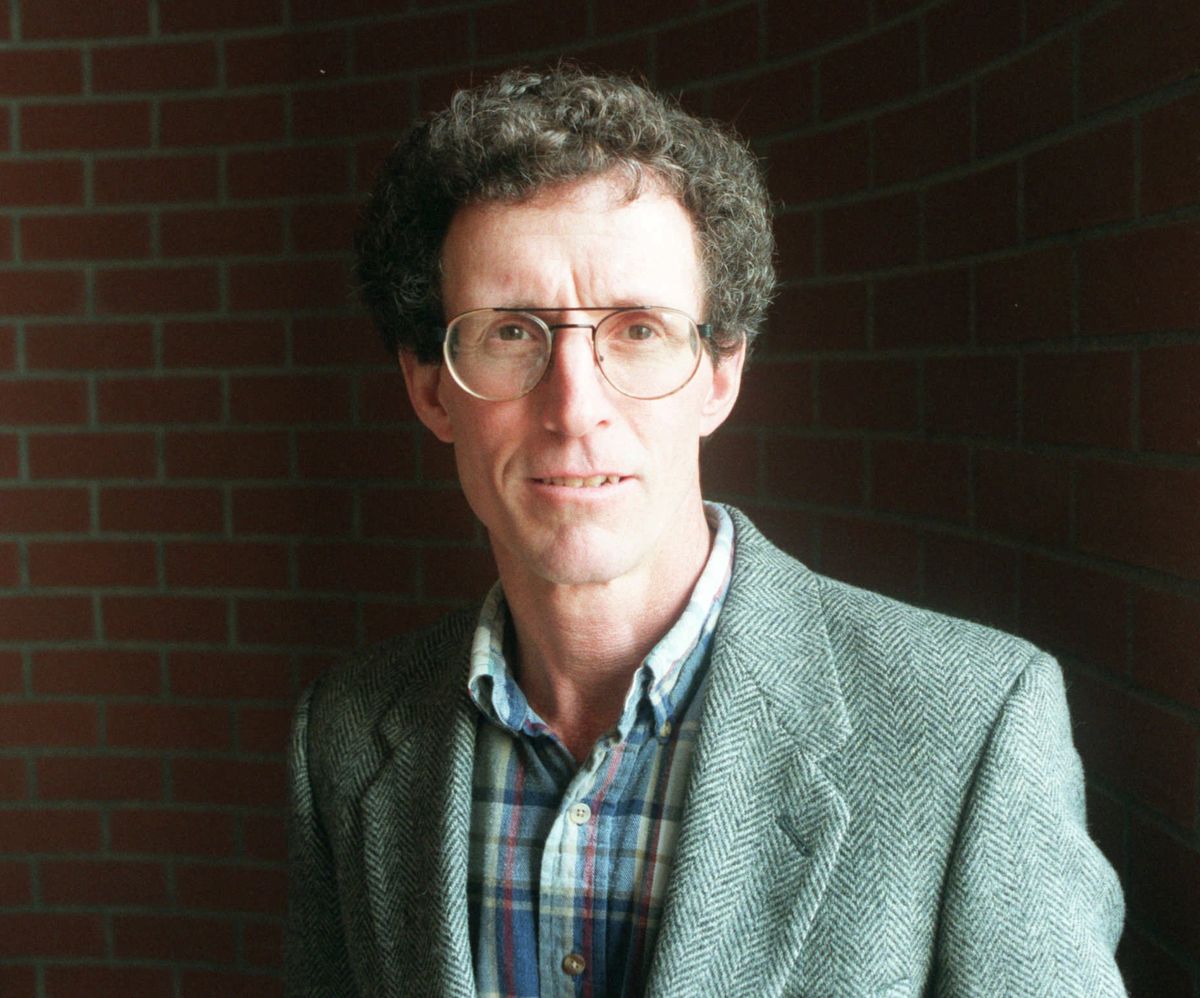Vietnam War heroes reunited

Sgt. Jerry Dellwo crouched in a night-blackened Vietnam jungle, soberly calculating his odds of survival at somewhere between slim and anorexic.
Cut off from his comrades, the young Green Beret medic from Spokane had one M-16 with three magazines of bullets to protect five badly wounded men.
His medical supply bag was lost during battle. The radio was missing the handset and useless.
Dellwo’s nightmare was broken by the distinct, sudden sound of footsteps. He gripped his weapon and braced for the worst.
But what barged through the overgrowth the night of May 24, 1969, remains one the most glorious experiences of Dellwo’s life.
It was Keith Payne, a war-toughened Australian warrant officer. Wednesday, Dellwo, a postal worker, leaves Spokane for Sydney, Australia, to honor this man who saved his life 28 years ago.
Ignoring the danger as well as his own wounds, Payne made four trips behind enemy lines to retrieve some 40 soldiers forced to scatter during the day’s disastrous fighting near Ben Het.
Payne discovered Dellwo’s group through an amazing display of luck and ingenuity:
He followed a trail of faint, phosphorescent glow given off by leaf mold that had been overturned as the medic and the others scrambled to safety.
“He didn’t even know what he was following,” says Dellwo, no less appreciative at age 50. “There’s no question if Keith hadn’t persevered and stayed to track us down, nobody would have found us before the North Vietnamese.
“I’m convinced the others would have never come back for us.”
Dellwo is booked to be a surprise guest on “Where Are They Now?” The television program is patterned somewhat after America’s old “This is Your Life” show from the 1950s.
This won’t be the first reunion for the two men.
That happened in 1990 while Dellwo was living in Arizona. Once again, Payne tracked down Dellwo - that time through an advertisement in a military magazine.
A revered figure in Australia, Payne won the Victoria Cross for his heroism on that day in 1969. It’s the Commonwealth’s highest award, the equivalent of America’s Medal of Honor.
Dellwo is no slouch himself. Among his medals are the Silver Star for combat, the Bronze Star for service and the Purple Heart.
That last medal was almost awarded posthumously. The day after being rescued by Payne, Dellwo was nailed in the back by a mortar fragment.
“I still remember it like it was yesterday,” says Dellwo, grimacing. “It felt like being stabbed with a red-hot poker.”
The metal pierced his left lung. Dellwo came within a whisper of bleeding to death.
“When you’re in the midst of something like that, your body kind of gets used to it,” he adds. “It’s days later when all of a sudden you feel that intense fear.”
The soldier was hospitalized and spent two months recovering in Japan. Then he surprised everyone by demanding to return to the Special Forces camp at Ben Het.
Dellwo never regretted the obligation he felt to serve his country. As a medic in Ben Het, he delivered 11 babies and helped treat many of the Vietnamese.
Coming back to the United States, he says the mood of people was so negative to Vietnam veterans that he went for years without ever talking about his war experiences.
Even his own family didn’t understand what he went through, says his brother, former state Rep. Dennis Dellwo. Dennis says he’s traveling to Australia with Jerry to give his brother some belated support for all he endured.
“He’s a hero who didn’t get much honor and I’m sad about that,” adds Dennis. “He was a Green Beret in the truest sense.”